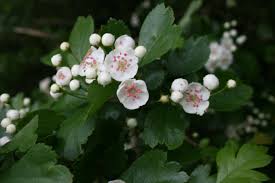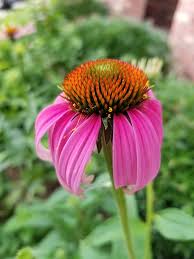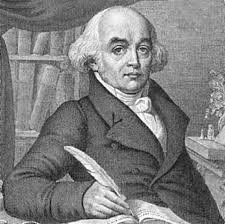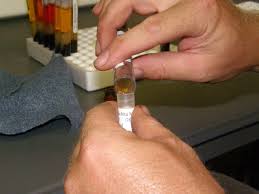
Now I don’t propose to simply give you the indications for the drug, as the books do, excellent through they be, but rather what I have myself learned of it by actual experience. For the past three years I have been studying and testing Crataegus, and have arrived at the conclusion that it is the medicine par excellence in nearly all heart affections. I do not mean at all that it will take the place of the many other grand remedies that have served and do serve good purposes. I do mean that it is the sheet anchor in the treatment of cardiac lesions of whatever kind. Not that it acts upon the muscular structure as Strophanthus, or sedates as Aconite or Veratrum, or stimulates as Glonoin and Strychnine, or depresses as the various coal tar products, or “whips up” as Digitalis. I cannot better compare its action to anything I can think of at this moment than the effect of a good meal on a cold, tired, hungry, out of sorts man. Perhaps some might think whiskey, or alcohol in some other form, would put a man in good humor and give him happy feelings quicker, but ten to one it would only increase his irritation and would surely weaken him after the ordinary stimulus had subsided.
The food warms him by producing heat in the necessary work of all the organs of digestion; satisfies hunger by first giving the stomach something satisfying and congenial to it, and later furnishing all tissues with the necessary new material for the reconstruction of their metabolic action in anabolism and catabolism, a little secret they keep to themselves. It rests him by thus giving renewed strength and vigor, and like any other animal, he is likely to go to sleep and that puts him in “good sorts” again.
So it is with Crataegus Oxyacantha. It seems to simply act upon the cells through the nervous system to enable them to go on properly with the work of metabolism; so that whether it is a worn out valve, as in regurgitation, or a stenosis through vegetative growths, or otherwise, or a failing compensation through either of these, it regulates as aforesaid the work of metabolism, creating a proper equilibrioum botl: as to anabolism and catabolism, which is correct physiological function, and that is the end we have in view in the administration of all remedies.
I would not have you believe that it will rejuvenate a heart where compensation has failed and dilatation has taken place. I have had four such cases, all of which died in spite of Crataegus and everything else. But in every other condition. I have two interesting cases at present that seemed to resist all treatment, but they are both under the use of crataegus surprising themselves as to results, and one of them is surprising me. Now don’t misapprehent what I am endeavoring to insist on, viz., that we have in Crataegus by far the best all-round heart tonic, that it is indicated whether pulse is slow or feeble, or quick and feeble. Indeed, if there is any pathological condition in the heart structure or in the pericardium, whatever the symptoms, Crataegus is the remedy most prominently indicated. However, if we have well defined indications for any other remedy at the same time, give it: results will be better in conjunction with crataegus than without it.
It has been said that the rheumatic heart is particularly the indication for the drug, but as three-fourths of all organic heart affections are produced by rheumatism, it only shows it to be the remedy in a pathological condition of the heart, as Crataegus seems to have no effect for good on rheumatism anywhere else, at least I have never seen or heard of it.
A.P. Baird, M.D., in Los Angeles journal.




